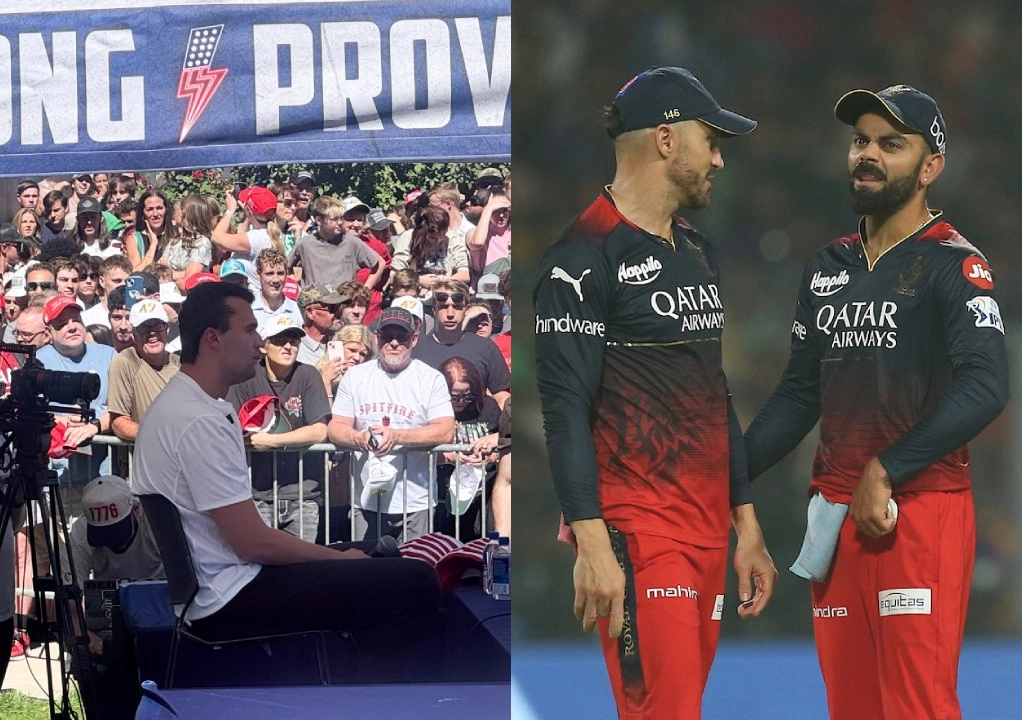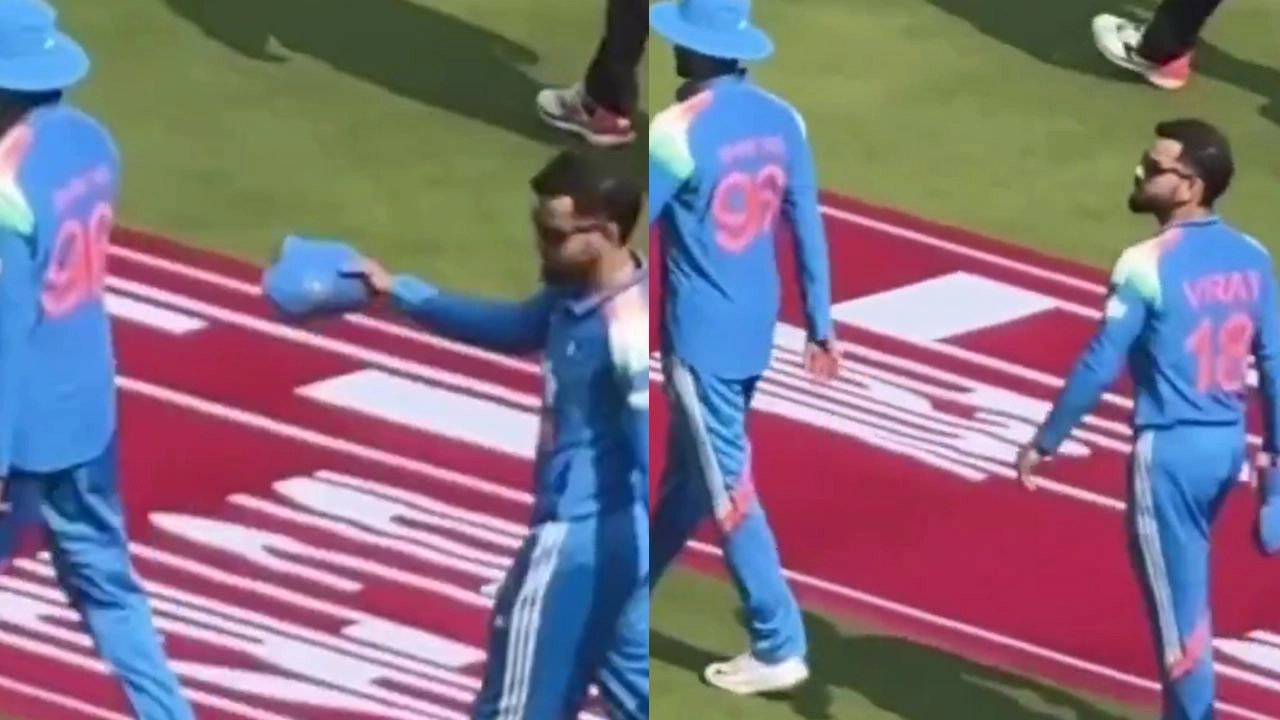The untimely death of Charlie Kirk has left a significant mark on the sports community and sparked widespread discussions about the implications of loss in the world of professional sports. As a former captain of the Royal Challengers Bangalore (RCB), Kirk was not only an influential figure on the field but also a beloved personality among fans and teammates alike. His passing has raised numerous questions about the pressures faced by athletes, both during and after their careers, and how these pressures can affect their mental health and overall well-being.
In light of this tragedy, a former RCB captain has posed a poignant question that resonates deeply with many: What can be done to support athletes better in their times of need? This million-dollar question highlights the urgent need for a systemic change in how sports organizations approach mental health and provide resources to their players. Athletes often face immense pressure to perform, which can lead to mental health struggles that go unnoticed or unaddressed. The conversation surrounding Kirk’s death serves as a reminder of the importance of fostering an environment where players feel safe to express their vulnerabilities without fear of stigma or repercussions.
Moreover, this incident has sparked a broader dialogue about the responsibilities of sports organizations in prioritizing mental health. Many teams have begun implementing programs aimed at providing psychological support, yet there is still much work to be done. The tragic passing of Kirk underscores the need for a cultural shift within sports, where mental health is treated with the same seriousness as physical health. It is vital for teams to not only recognize the signs of distress but also to create a supportive atmosphere where players can seek help without hesitation.
As the community mourns the loss of Charlie Kirk, it is essential to reflect on the legacy he leaves behind. His contributions to the sport and the impact he had on those around him will not be forgotten. However, the focus should now shift to ensuring that future generations of athletes receive the support they need, both on and off the field. By addressing the underlying issues that contribute to mental health struggles, the sports community can honor Kirk’s memory and work towards preventing such tragedies in the future. Ultimately, the million-dollar question posed by the former RCB captain may serve as a catalyst for meaningful change in how we approach athlete well-being in the world of sports.




